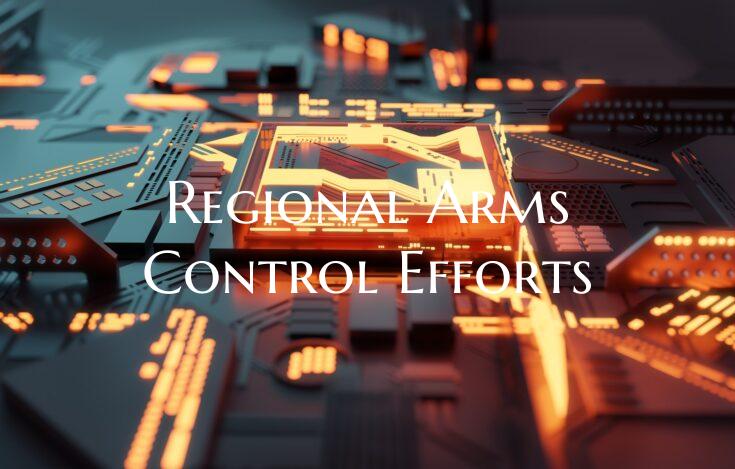Regional Arms Control Efforts
Introduction: Regional arms control efforts play a significant role in promoting peace and security by regulating weapons and military capabilities within a specific geographical area. These efforts aim to prevent conflicts, build trust among nations, and enhance stability through various mechanisms such as treaties, agreements, and verification processes. This article explores the importance of regional arms control efforts in maintaining peace and security in different parts of the world.
Why Regional Arms Control is Important: 1. Preventing Armed Conflicts: By limiting the proliferation of weapons and military capabilities within a region, arms control efforts help reduce the likelihood of conflicts breaking out. This can lead to a more stable and peaceful environment for countries to coexist.
2. Building Trust and Cooperation: Regional arms control initiatives require countries to engage in dialogue, cooperation, and transparency regarding their defense capabilities. This process helps build trust among nations and fosters a culture of collaboration in addressing security challenges.
3. Enhancing Stability: By establishing norms and rules for arms control within a region, countries can create a predictable security environment that reduces tensions and the risk of miscalculations. This stability is essential for economic development, societal progress, and overall well-being.
Examples of Regional Arms Control Efforts: 1. Organization for Security and Cooperation in Europe (OSCE): The OSCE plays a crucial role in promoting arms control and confidence-building measures among its member states in Europe and beyond. Agreements such as the Treaty on Conventional Armed Forces in Europe (CFE) aim to limit the number of military forces and equipment in the region.
2. Association of Southeast Asian Nations (ASEAN): ASEAN members have worked towards promoting regional stability through mechanisms like the Treaty of Amity and Cooperation (TAC) and the Southeast Asia Nuclear-Weapon-Free Zone (SEANWFZ) Treaty. These agreements contribute to preventing the escalation of conflicts in the region.
3. African Union Peace and Security Architecture: The African Union has established mechanisms like the African Standby Force and the Conflict Prevention and Early Warning Division to enhance regional security and address arms control issues on the continent. These efforts help prevent conflicts and promote peacebuilding in Africa.
Conclusion: Regional arms control efforts are crucial for maintaining peace and security by regulating weapons and military capabilities within specific geographical areas. These efforts contribute to preventing armed conflicts, building trust among nations, and enhancing stability in different regions of the world. By promoting dialogue, cooperation, and transparency, regional arms control initiatives play a vital role in fostering peace and security for the benefit of all countries involved.

